I spent this past weekend with friends in Portsmouth, New Hampshire. We stayed at a lovely hotel called Wentworth-By-The-Sea.
It is one of the last 19th century “grand” hotels left standing and sits perched on the Great Island which connects New Hampshire and Maine. Featuring a pool overlooking a yacht-filled harbor, a croquet set on the front lawn and a pearl white Rolls Ryce parked at the entrance, the hotel provides a lap of luxury for visitors to rest while enjoying the quaint seaport towns nearby.
Named after one of my (very) distant relatives, this hotel has long been a destination for members of my extended family. I remember Wentworth’s returning from New England vacations proudly brandishing embroidered hand towels they swiped from the hotel bathrooms. It was a strange rite of passage that we all laughed about as we turned back to our potluck meals.1
I thought about these stories as I turned my car onto Wentworth Road and caught a glimpse of the white turrets at the top of the hill. I felt a jolt of familiarity though I had never visited before.
Once in my room, I immediately slipped a bar of soap into my purse. (The embroidered hand towels are gone…too many sticky-fingered Wentworth’s perhaps?) I texted a selfie to family members and the photos needed no explanation. Without saying a word, I tapped into the shared experience of visiting a hotel named after our ancestor.
Wandering through the hotel lobby, I found framed photographs and artifacts from important events that occurred within its walls. The original hotel, Wentworth Hall, opened shortly after the Civil War and welcomed a range of famous guests through the turn of the century including President Chester Arthur who stayed there while visiting the nearby naval base.
In 1905, delegations from Russia and Japan stayed at the hotel at the invitation of President Teddy Roosevelt who successfully negotiated the end of the Japanese-Russian War. Roosevelt would later win a Nobel Prize for his role in the peace talks.
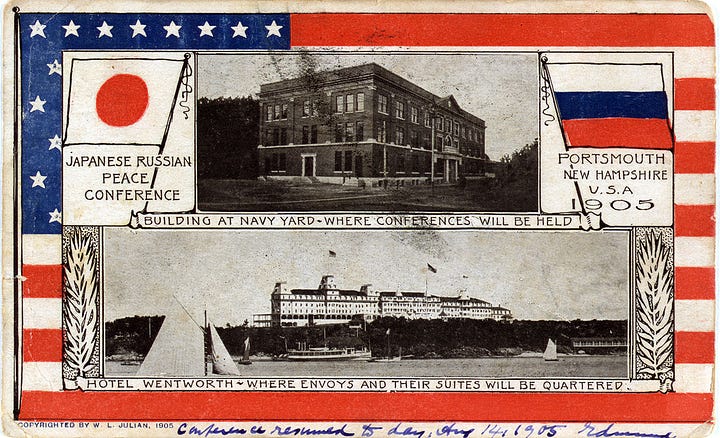

In 1916, Annie Oakley, a member of the Wentworth Hotel staff, gave rifle shooting lessons. During WWII, the US military used it as a dormitory.
After closing in the 1980’s, the building sat empty and fell into decay. But for the efforts of a group of concerned local citizens (Friends of the Wentworth), the hotel would have been demolished like so many of its contemporaries. Finally designated a Historic Hotel in 1997 and following a $30 million renovation by the JW Marriott Company, Wentworth-By-The-Sea reopened to guests in 2003.
As far as I know, no members of my family were responsible for “saving” the hotel from demolition. We claim no ownership or regular patronage. Had the whole thing been shoved into the sea, we might not have even noticed until the next Wentworth embarked on a New England vacation only to find a set of high-end condos in its place. Given the prime real estate upon which it sits, it’s quite remarkable that the ancient structure still stands. And yet someone dedicated time, love, and attention to saving and reviving this old relic, oblivious to its prominence in my family’s collective memory.
While researching my book, I’ve become increasingly sentimental about efforts to breathe new life into old things. People ask why I want to tell the story of Dr. Fisher. Why me, why him and why now. My book proposal has been dismissed by multiple book agents who just can’t imagine that a story this important has yet to be told.
“This sounds like a great New Yorker piece,” wrote one, “but there’s not enough here for a book. Good luck with your project.”
Maybe they assume that there is no possible way that a Pulitzer Prize winning book followed by a Ken Burns documentary must not have left any story untold. I’ll admit that when I started this journey four years ago, I assumed the same. So, I don’t fault that belief; I just know it’s wrong. Like an abandoned hotel facing the sea, the story of Bernard Fisher is a diamond in the rough, a piece of history worth telling and worth saving.
Would the Japanese-Russian war have ended without the Wentworth Hotel? Perhaps.
Would we have almost tripled the cure rate for breast cancer in 50 years without Bernie Fisher? I doubt it.
Would we be further along in the cure for cancer if we had kept following Fisher instead of casting him aside? We will never know.
Dr. Fisher’s story is a story of breast cancer but it’s the story of how we got to where we are and why the “war on cancer” began with such promise and then stalled.
It’s the story of how Fisher opened the door to a new way of thinking about cancer treatment and how cancer researchers rushed out, looked around and then immediately locked themselves in another room from which we are just beginning to emerge. It’s also a story about how quickly we discard our treasures, hoping that newer is better.
But as stalwarts decay from malicious inattention, they never completely decompose. In fact, if unearthed 50 years later, they just might put us back on the right path. I think this will be your experience with Dr. Fisher.
Thank you for reading Cancer Culture! I am so glad you’re here and I look forward to hearing from you in the comments below. Please click the subscribe button above to get Cancer Culture delivered to your Inbox every Monday afternoon. AND be one of the first to receive the podcast in September. To find out more about Dr. Fisher and me, follow the link below.
Why Him, Why Now and Why Me
In God we trust. All others must bring data. – Dr. Bernard Fisher By now, breast cancer seems to be everywhere–in our family, friends, social media feeds, and even the freezer aisle. In fact, the pink ribbon is so ubiquitous that some use the term “pinkwashing
I can only assume that the original American Wentworth (exiled son of the 1st Earl of Stafford and his maid) would approve of this petty crime.


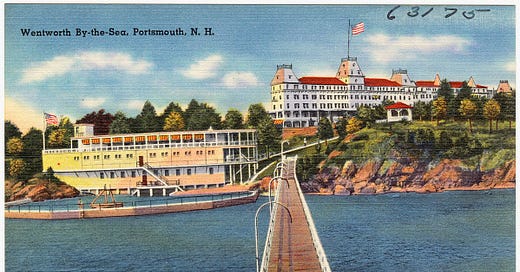



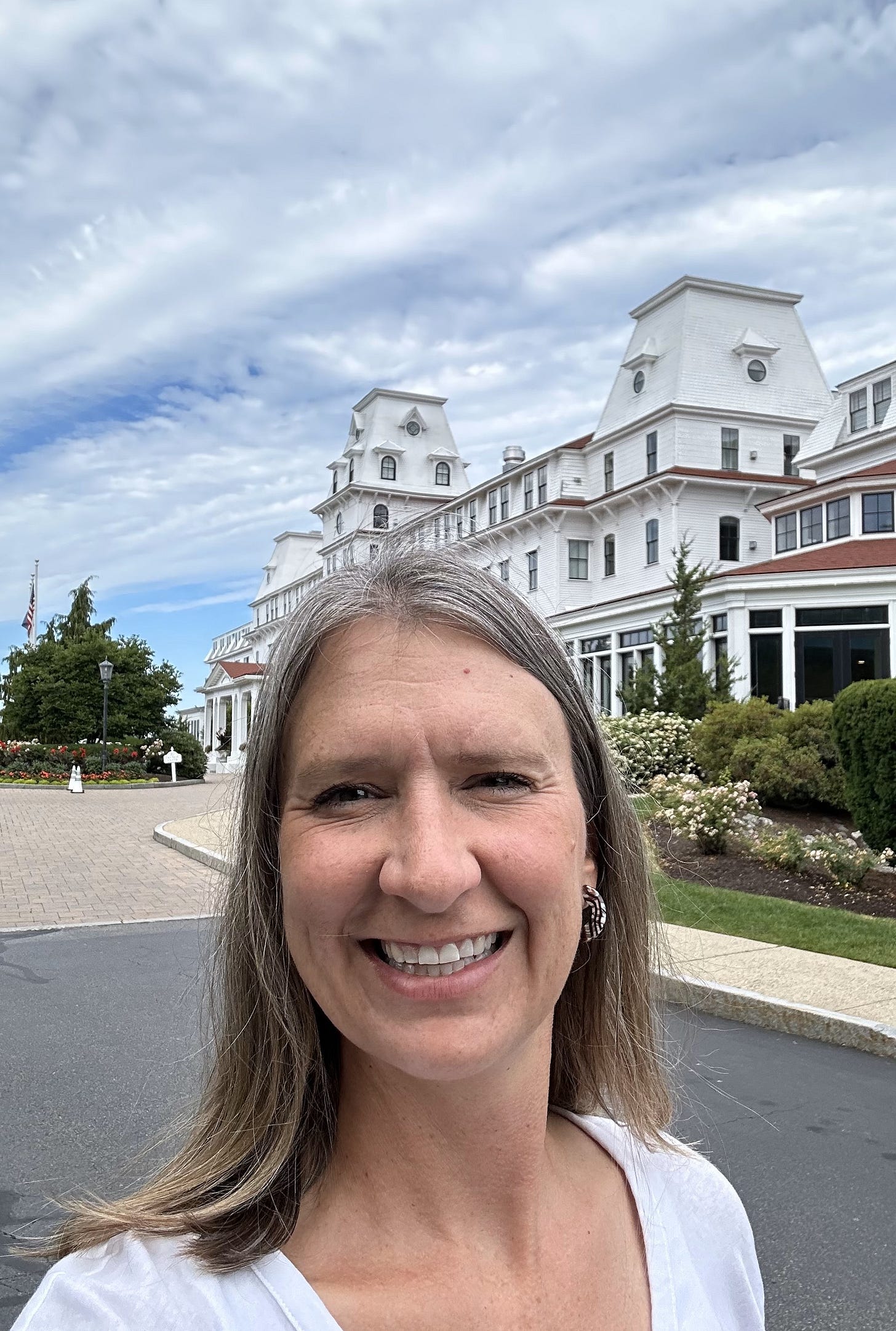
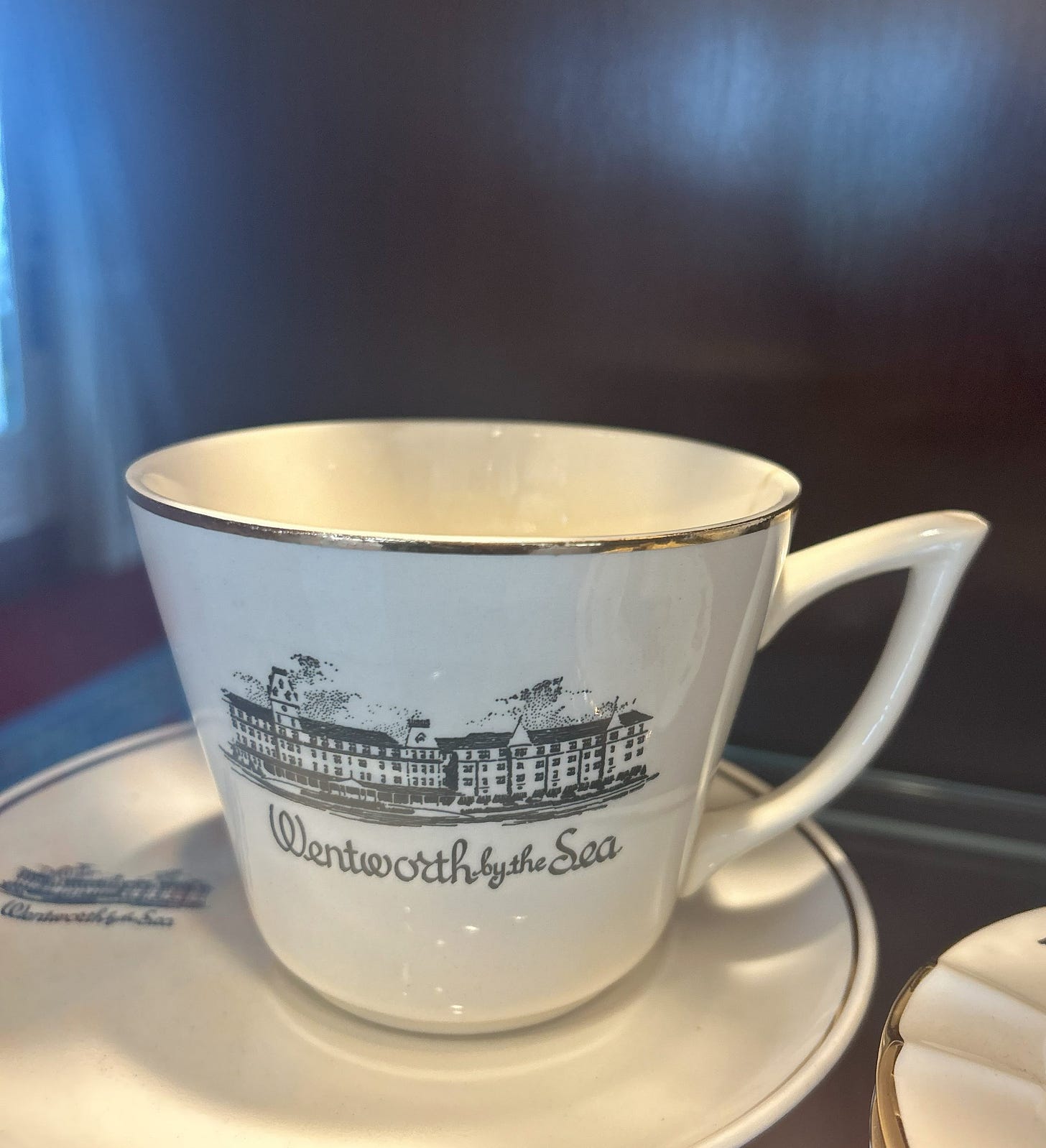
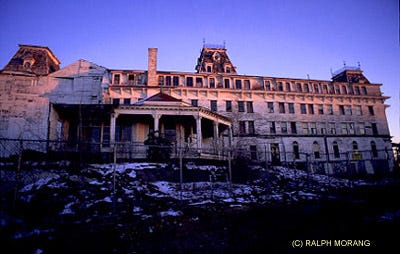

Bernard Fisher's story is worth telling. I can't believe publishers told you otherwise, sheesh. Perhaps the full scope and power of his impact on women's lives escapes them?? Whatever their reason, keep going!